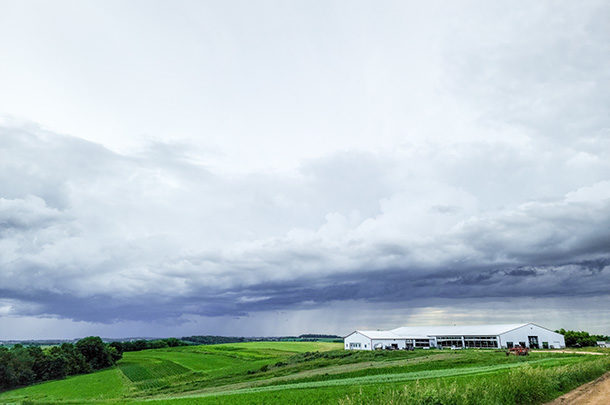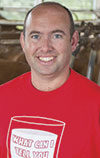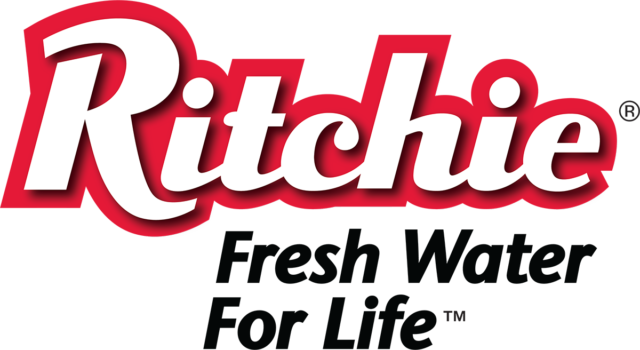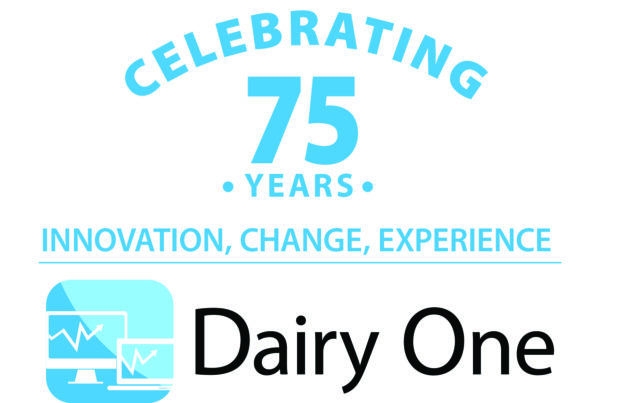Make connections
We in agriculture are good at "the echo chamber." We share stories, events and our daily duties on the farm with our friends and other people in agriculture, but how can we get out of our bubble and share with those outside? Think of people that you know outside of agriculture: church, school, parents of your children’s friends or even online. Are you part of non-agriculture Facebook groups or follow people on Twitter or Instagram with no agriculture background? Ask them one simple question: "Hey, I'm working on a project. What is something that you'd like to know more about when it comes to farming and agriculture?" Then tell them by creating a video, picture or explanation. One simple question can make you “their farmer” or the expert who they reach out to every time they have a question about farming.

Connect with schools
Teachers are always looking for content to share with students. Reach out to a teacher and ask them to have their students "ask a farmer." The American Farm Bureau Foundation for Agriculture has a great program called Kids’ Questions about Agriculture! Visit their website to learn more or find them on Facebook. You can get involved, share their answers or work with a local teacher to create your own videos for kids.
Create virtual tours
In the age of Zoom and distance learning, what better way to share about your farm than with a virtual tour? If you have a phone that can record videos, you can make this happen. Most phones and tablets today also come with free video editing apps like iMovie that you can use to create great videos that combine video clips, photos and audio into one easy flowing video that many will enjoy. You can see the virtual tour I created by going to YouTube and searching for me, Derek Orth.
Be vulnerable
This is tough for us. Agriculturalists are private people. Sometimes it's easy for us to show off a shiny new tractor, your latest excellent cow or a bumper crop you just harvested. But what about the other days? Sharing the flat tire, the field of hay ready to bale getting rained on or pouring your heart out over the dead calf that you've been waiting nine months for. This is a great way to make connections. We're not looking for pity or people to feel sorry for us. We need to show our struggles because we are human. Theodore Roosevelt once said, "Comparison is the thief of joy." While on social media, we constantly see each other's bests, but being vulnerable and sharing our worst can help us connect inside and outside of our tribe.

Use positivity
That said, watch out for negativity. People react differently when you use positive language as opposed to negative language. It's very easy to say, "We don't ..." and point out a negative that we don't do on our farms. It's always better to look for the positive and use positive language. For example, "We treat our calves with care and kindness" is better than talking about not doing something bad. The two sentences say the same thing, but one of them makes us cringe and the other makes us smile. It's better to say what you do than what you don't do. When sharing a story, try to use the most positive words possible. No, not, none, no one, nobody, nothing, neither, nowhere and plenty others don't belong in our stories.
Share someone else's story
What if you're in agriculture but not a farmer? Do you have farmer friends? Share what they are doing on their farm with your friends and on social media. Maybe they have questions and you can be the bridge to a farmer they can learn from. Are you good at videography or editing? You could offer to take some videos on the farm and compile them to share with the world. They don't have to be perfect, either. Sometimes the most candid and amateur videos gain the most respect from those who watch them.

Inform, don't educate
Lastly, inform, don't educate. Our customers are smart, well-educated people. There is just so much misinformation and misunderstanding in the world, especially about what happens on our farms. We've all heard "You can lead a horse to water, but you can't make it drink." Humans are the same way. Take the time to lead and share your wealth of knowledge about farming, and hopefully someone listening will drink up the facts and stories you share. We're in this together, and we can be better advocates for agriculture and share the great stories of farming even when we are completely distanced. ![]()
This blog is adapated from a previous post that was published by Wisconsin Farm Bureau.
-
Derek Orth
- Dairy Farmer
- Fennimore, Wisconsin
PHOTO 1: Orth says to take the time to share your wealth of knowledge, and hopefully someone will listen and be curious to engage more.
PHOTO 2: Wisconsin dairy farmer Derek Orth recommends making connections with non-agriculture groups through children’s activities.
PHOTO 3: Orth says to look for ways to focus on the positive in posts on social media.
PHOTO 4: If you’re not a farmer but on social media, consider sharing posts or offer to help with photography or videography. Photos by Derek Orth.






